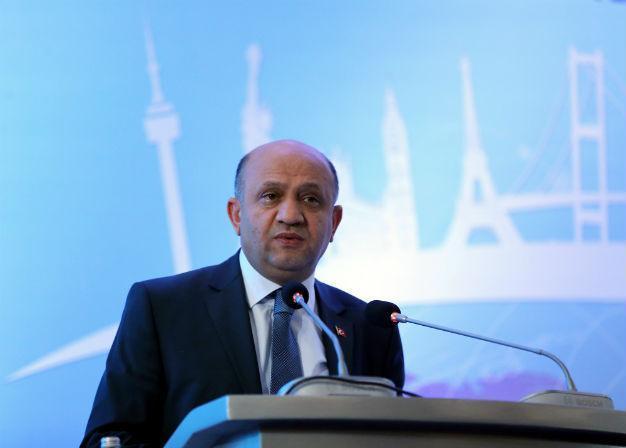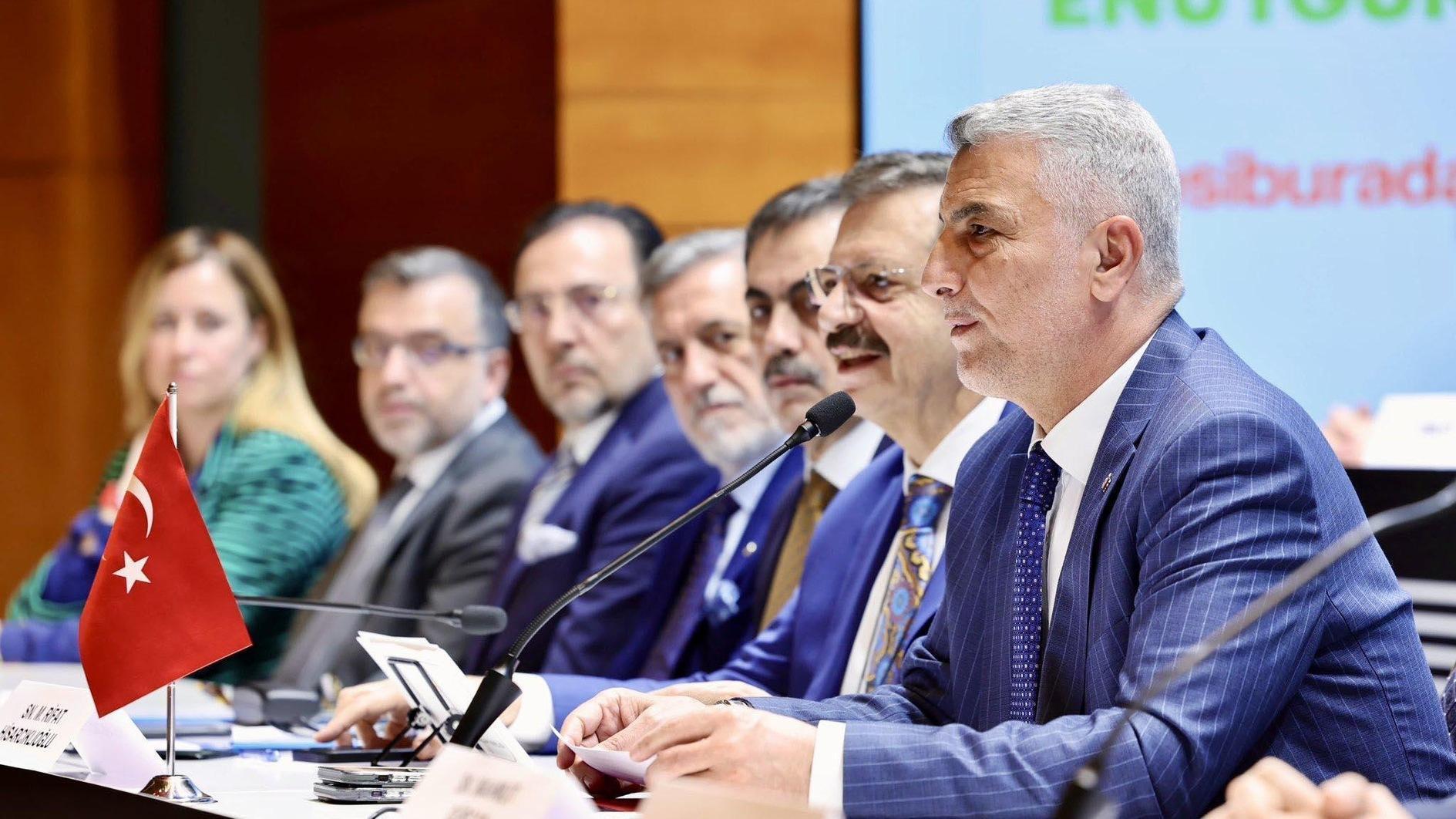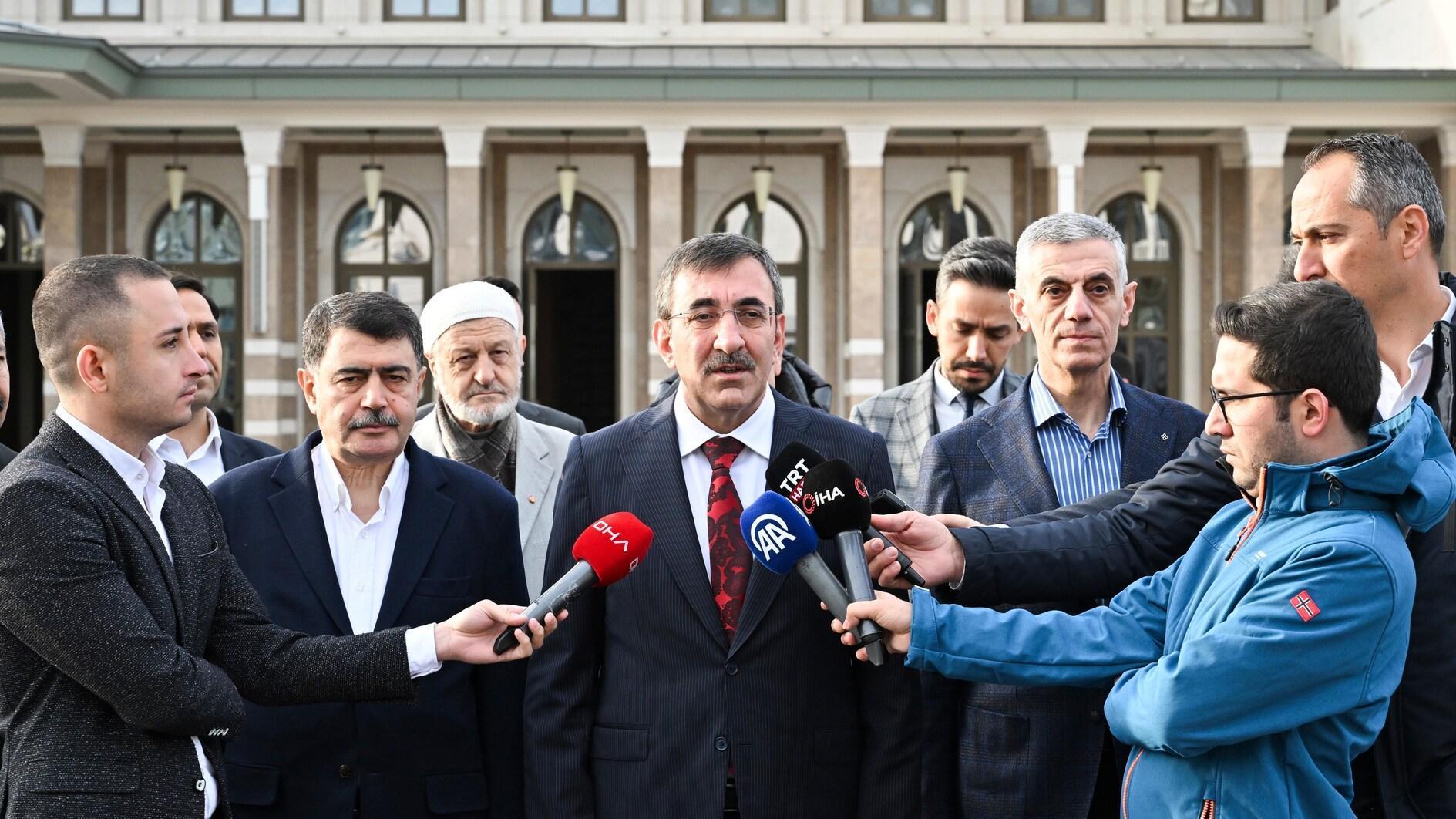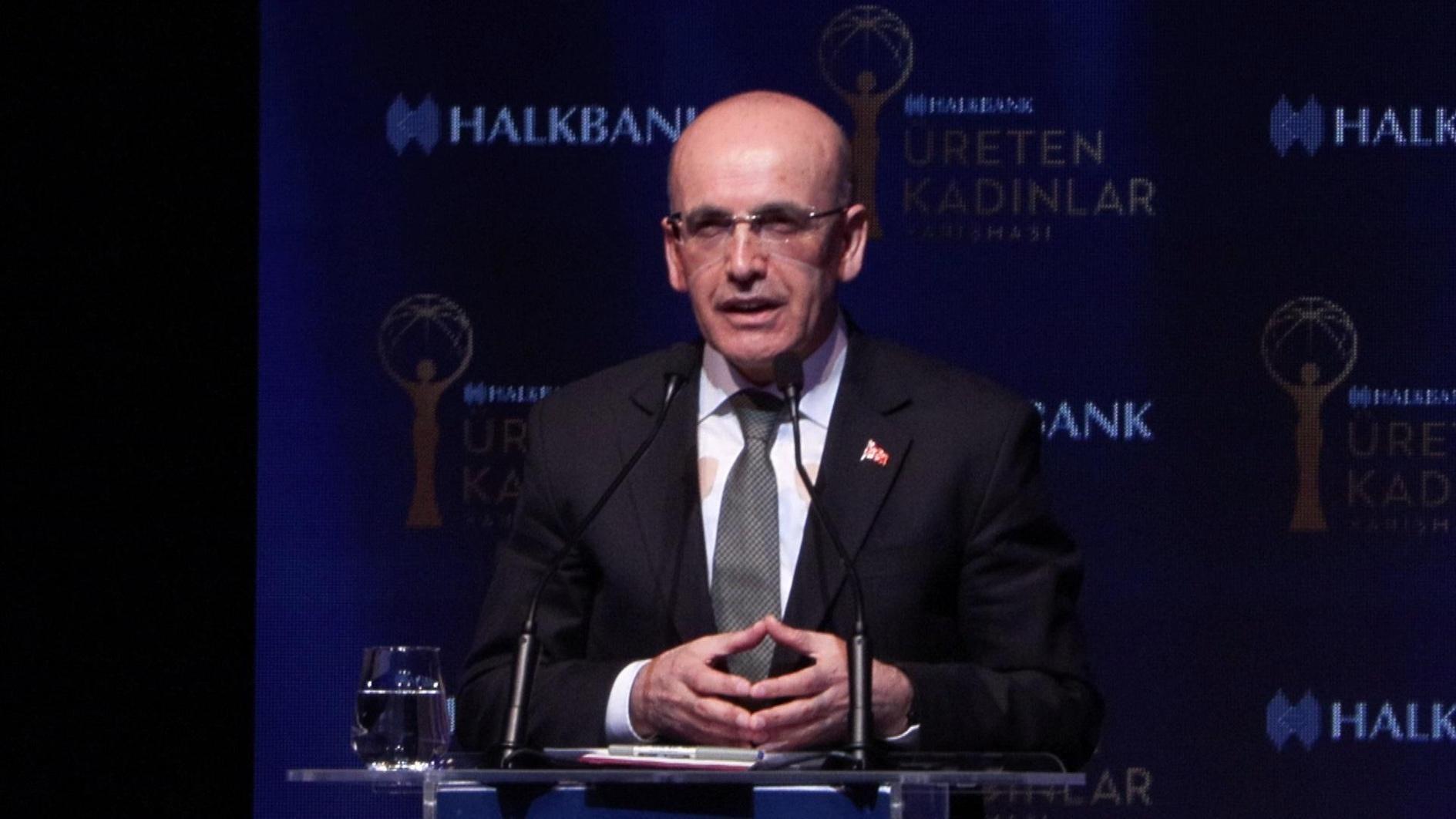Turkey taking measures against cyberattacks, minister says
ISTANBUL

AA photo
Turkey is prepared for any kind of cyberattack, according to the country’s technology minister, who said “all necessary measures are being taken” over the latest cyberattack which targeted hundreds of thousands of Turkish websites.“All necessary measures [in cyber security] are being taken,” Science, Industry and Technology Minister Fikri Işık told daily Yenişafak on Jan. 3, noting the country was ready for any cyberattack with measures being taken by the Transportation Ministry following the latest cyberattack which halted international access to Turkish websites with the extension “.tr.”
“Our Transportation Ministry bears the responsibility of taking [cyber] security measures. We closely watch developments and are in coordination with the Transportation Ministry in regard to necessary measures needed to be taken,” Işık said.
“We provide technical support, in particular, to TÜBİTAK’s Cyber Security Institute and Information Technologies Institute,” Işık added, referring to close collaboration between the ministry and the Scientific and Technological Research Council, Turkey’s top science body.
Işık said any country could be targeted by a cyberattack and the reason the latest one targeted Turkey depended on the recent developments both in domestic and foreign policy.
“The crisis with Russia and other developments in the region could have incited this [cyberattack],” Işık said.
The statement came days after TÜBİTAK launched a comprehensive project to strengthen the country’s cyber security.
A research and development project to assure the security of the infrastructure of critical servers was started to develop more secure Internet infrastructure for critical sectors such as banking, energy, transportation, communication, water works and health.
TÜBİTAK will have a budget of 6 million Turkish Liras to operate the project, which also aims to remove security breaches in Turkish servers.
The infrastructure of critically important servers will be closely tracked by broadband systems expected to be developed as part of the project, including developing firewalls against international attacks.
Turkey experienced a series of cyberattacks beginning on Dec. 14, 2015, which targeted nearly 400,000 websites with the extension “.tr,” nearly coming to a halt in the morning hours of Dec. 21, 2015, after which recovery and damage assessment was launched by leading IT organizations along with Middle East Technical University (ODTÜ).
In response to the cyberattack, Turkish IT professionals banned access to Turkish DNS servers from abroad and communication channels were re-opened when the cyberattack first started. Around 400,000 websites, however, were denied access from abroad.
The massive cyberattack also sparked a cybersecurity debate among several government officials, as well as between officials and the administration of ODTÜ, a reputable university in the Turkish capital.
“ODTÜ had taken responsibility for the Internet in the international arena. However, we established the Information and Communication Technologies Authority [BTK]. The BTK had requested that this responsibility of the ODTÜ should have been handed over to the BTK via the Transportation Ministry,” Deputy Prime Minister Lütfi Elvan said, speaking at the editor’s desk meeting of the state-run Anadolu Agency late Dec. 25, 2015.
ODTÜ rector Prof. Ahmet Acar, however, previously said on Dec. 24, 2015, that the university had taken necessary measures during the cyberattack, which he defined as “one of the most intensive” attacks of its kind ever seen.
“I can easily say that international security measures have largely been taken,” Prof. Acar said, as the university immediately increased the number of servers to 11 during the attack.
He also said the university worked in cooperation with the BTK USOM coordination center during the cyberattack as well as its own staff at the university.
Prof. Acar noted the university was above the international standards in cybersecurity and had faced an intensive attack.
















